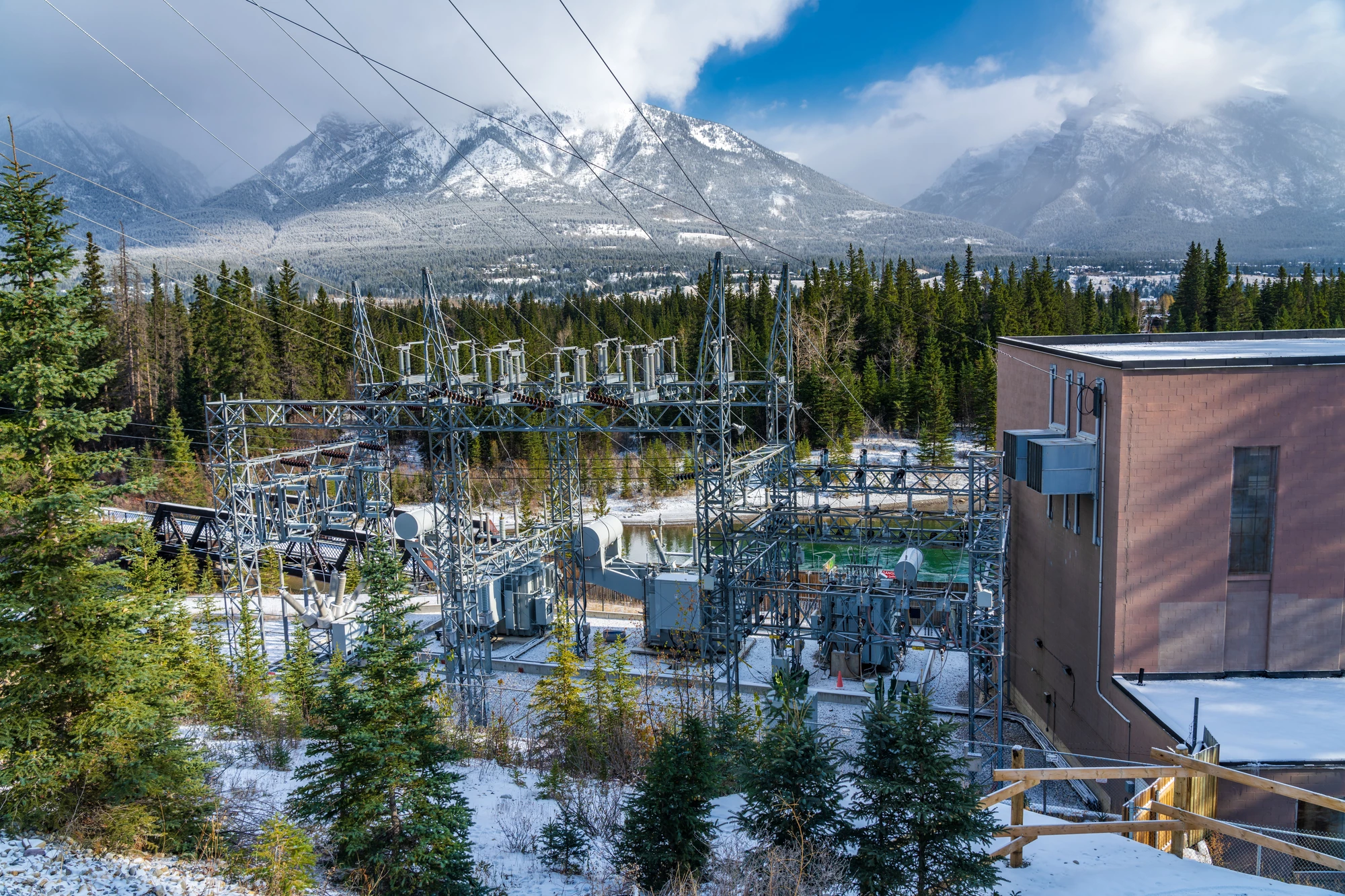German multinational Thysenkrupp has won the contract to build and operate a huge hydro-electrolysis facility in Quebec, which will use one of the world's most powerful electrolyzers to produce some 11,100 metric tons of green hydrogen annually.
Canada's mountainous terrain offers exceptional opportunities for clean hydroelectricity generation, and the country has worked to maximize its advantages. Some 61 percent of the country's total electricity generation comes from hydro plants totaling some 82 GW of production capacity, and this country of just 37.5 million people ranks fourth in the world in total hydro production, trailing only the USA, Brazil and China.
Now, it's looking toward hydrogen. Government-owned power company Hydro-Quebec, the biggest energy producer in the country, has commissioned a CAD200 million (US$159 million) electrolysis plant in Varennes, near Montreal, which will use hydroelectricity to power a giant electrolyzer, converting water into 11,100 metric tons of green hydrogen and 88,000 metric tons of oxygen a year.
This will not initially be for export; the 88-MW plant's output will supply clean energy and oxygen to a nearby recycling plant, where it'll be used to convert non-recyclable waste into biofuels instead of sending it to landfill.
But eventually, Canada hopes plants like this can convert its enormous hydro potential into a clean energy export business, powering tomorrow's fuel cell vehicles and aircraft, feeding into more integrated hydrogen economies and industrial use cases, and selling as a feed stock from which carbon-neutral synthetic fuels can be manufactured.
Hydro-Quebec says it's also looking into green H2 as a potential bulk energy storage medium, although that'll present some challenges – we wonder if it'd be more efficient to simply plonk the water back up the hill with a pumped hydro energy storage system.
The new hydro-electrolysis plant is due to be commissioned in 2023.
Source: Thysenkrupp





